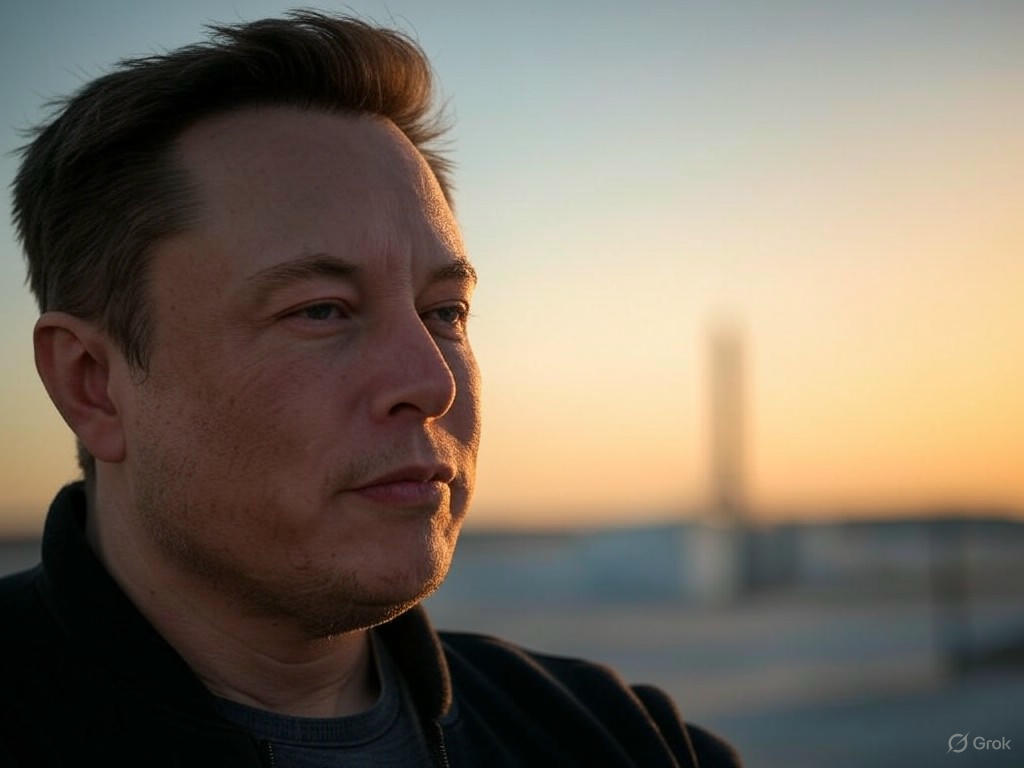In recent years, the United States has found itself in an extraordinary position: heavily dependent on a single private individual, Elon Musk, for its ambitions in space exploration and national security. Through his company SpaceX, Musk has revolutionized access to the cosmos, providing critical services that range from ferrying astronauts to the International Space Station to launching cutting-edge missions for the Department of Defense. This unprecedented reliance on a private entity, while a testament to innovation, raises questions about the vulnerabilities of such a partnership, especially amid potential political tensions.
SpaceX’s rise to prominence began with its reusable Falcon rockets and the groundbreaking Crew Dragon spacecraft, which have become the backbone of NASA’s crewed missions. Before SpaceX, the U.S. relied on foreign partners like Russia to transport astronauts to orbit after the Space Shuttle program ended in 2011. Musk’s vision and technological advancements not only brought this capability back to American soil but also slashed costs, making space travel more accessible. Beyond civilian missions, SpaceX has secured lucrative contracts with the Pentagon, playing a pivotal role in national security by launching spy satellites and supporting military communications. The company’s ambitious Starship project, aimed at enabling interplanetary travel, further cements its influence over the future of space exploration. This deep integration into both civilian and defense sectors has made SpaceX—and by extension, Elon Musk—indispensable to the U.S. government.
However, this dependency comes with risks. Musk, known for his outspoken nature and unorthodox leadership style, has occasionally found himself at odds with political figures. Recent speculation about friction with high-ranking officials, including potential clashes with the current administration, highlights the fragility of this relationship. If tensions escalate, the implications could be profound. Could the U.S. government pivot to other aerospace companies in the event of a fallout? While competitors like Boeing and Blue Origin are making strides, none currently match SpaceX’s proven track record or cost efficiency. A rift with Musk could disrupt critical missions, delay national security objectives, or even jeopardize America’s leadership in the global space race. Furthermore, Musk’s involvement in other ventures and his polarizing public persona add layers of complexity to an already intricate partnership.
As the U.S. continues to reach for the stars, it must navigate the delicate balance of innovation and independence. SpaceX’s contributions are undeniable, but over-reliance on a single entity, no matter how visionary, poses inherent risks. Policymakers and industry leaders should consider diversifying partnerships and investing in alternative programs to ensure resilience. Elon Musk has propelled America into a new era of space exploration, but the future of this alliance remains uncertain. Only time will tell whether this unique collaboration will soar to new heights or encounter turbulence that could reshape the nation’s cosmic ambitions.
